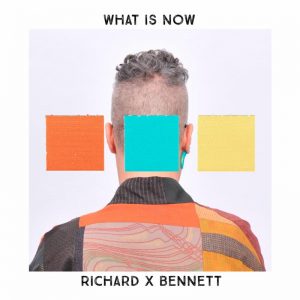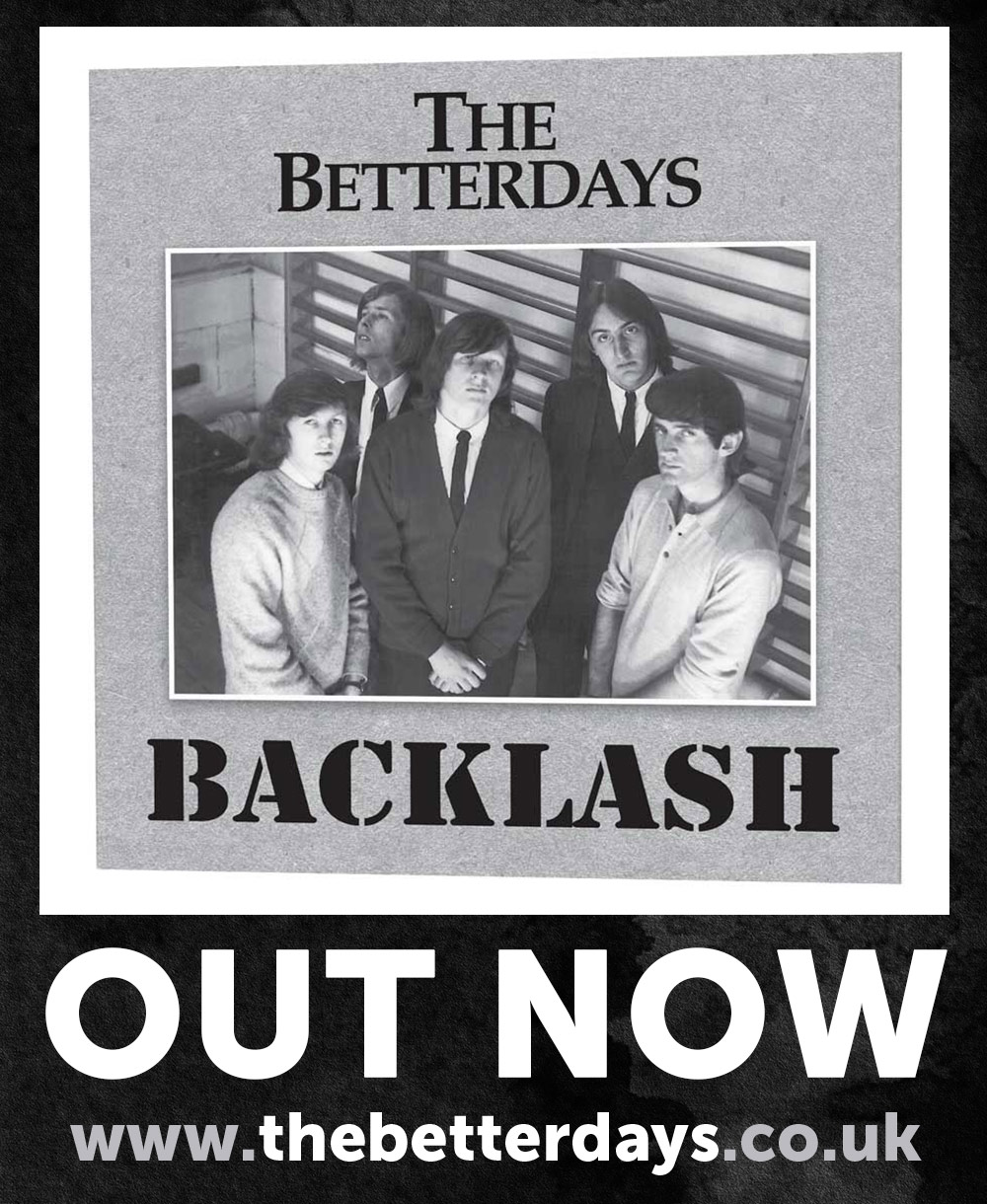 (4 / 5)
(4 / 5)
What a lovely pianist. One would need to be very careful how to say that out loud!
Richard Bennett is a Canadian, moving to New York in the 1990s, and he has split his time between the US and Mumbai, where he recorded and released a series of acclaimed albums on several independent and major Indian labels.
This is his first record released on an American label. It is released at the same time as a second album on this same label, an Indo-Jazz quintet album, “Experiments With Truth”. A raga-infused delight.
“What Is Now” features Bennett on piano, bassist Adam Armstrong and drummer Alex Watt. The second record adds baritone saxophonist Lisa Parrott and tenor/soprano sax man Matt Parker.
Both albums are sparkling affairs and an essential listen if you like classy and creative jazz. I personally preferred the trio format of “What Is Now,” which shines the spotlight brightly on an exceptionally gifted pianist, and where he can hog the show for the main focus instrument – no disrespect intended to Lisa and Matt on the other record.
His touch and his approach reminded me of the great Dave Grusin, but most certainly the much under-rated Billy Taylor, who British TV viewers will know from the theme tune to the long running BBC TV Film Review show, which was fronted by Barry Norman and then Jonathan Ross.
Billy Taylor composed (with Dick Dallas) and played (as a trio), “I Wish I Knew How It Would Feel To Be Free”, the song written in 1952, was used for the theme tune to the TV show, and covered by a myriad of notable stars including Nina Simone. It was also used as part of the civil rights movement in the US in the 1950s and 1960s.
Richard X Bennett’s “What Is Now” offers up 10 cuts, nine Bennett originals and one cover, the timeless “Over The Rainbow”, penned in 1939 by Harold Arlen and Yip Harburg. The album recorded in Brooklyn, New York, produced by Richard and Paul Jeanine Bennett.
Mr B. is a bold instrumentalist and the material is rich, spirited and an even listen across the full album. Some of the songs are ripe for some clever lyricist to add their magic and breath new life into the song. But with just piano, bass and drums, they all stand on their own two feet very well and held my attention from start to finish, for the full 52 minutes.
Lots of light and shade between the more rambunctious stuff and the slower, more laid back tracks. Richard’s fingers have grace and a fair amount of gospel in ‘em, methinks. His is a measured, but full-of-energy touch on those keys. He is soulful.
He can swing like heck and get pretty percussive, but pull right back and feather the keys when needed. Nice chemistry between him and the bass and drums, both guys deserve praise for their formidable contribution. Loving Adam’s groove.
One of the most enjoyable pianists I have heard on a jazz record for a good while, and I have played this album a fair few times now and hear fresh nuances each time. He is also a very fine composer for sure.
But do not expect an epic and grand take on the classic and usually emotion-soaked weepie, “Over The Rainbow” (referred to usually as ‘Somewhere Over The Rainbow’) by these three compatriots. The legendary tune which comes from, of course, the iconic 1939 movie “Wizard Of Oz” starring Judy Garland, gets a doo-wop treatment here. Yes, I said doo wop. It’s great fun and works well. Who’d have thunk?
Both albums well worth a listen and this is one guy whose skills and talents are going to take him a lot further up the career ladder of his chosen profession. I very much look forward to seeing what he does next and who he collaborates with.
By Simon Redley
 (1 / 5) ‘Dull Zone’
(1 / 5) ‘Dull Zone’ (2 / 5) ‘OK Zone’
(2 / 5) ‘OK Zone’ (3 / 5) ‘Decent Zone’
(3 / 5) ‘Decent Zone’ (4 / 5) ‘Super Zone’
(4 / 5) ‘Super Zone’ (5 / 5) ‘Awesome Zone’
(5 / 5) ‘Awesome Zone’
















Recent Comments